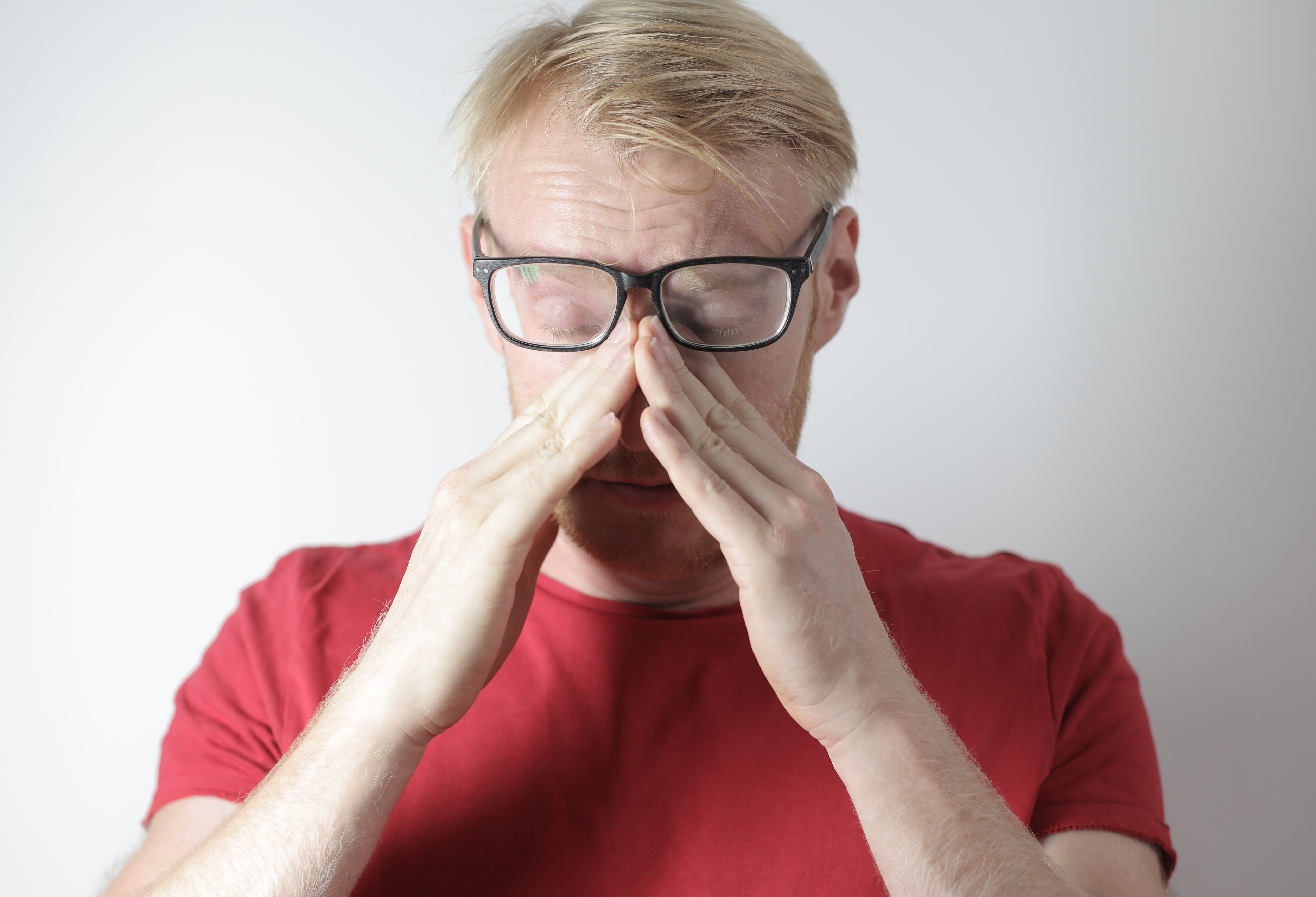So much news and so much waiting: How to prepare for the upcoming election

By Leah Persky, PhD & Certified Family Life Educator • Family Life Education Manager
I don’t know about you, but I feel like I have been waiting and just holding my breath for the past weeks. With the election just weeks away and the daily pandemic updates, I feel I am in limbo. I am waiting for what is to come, with so much of normal life on hold. So many Americans are grappling with how to deal with this waiting, which is characterized by the vicious news cycle, uncertainty, loss of normality, incivility of the presidential race, and the potential threats to our democracy.
No matter your political affiliation, how can you prepare for the election? While there are certainly plenty of sources talking about the need to stock up on supplies and protect your home, I think there is a really important component of the discussion missing—how can we mentally prepare for the outcome, whatever it may be?

Unfortunately, there are no easy answers here, but there is much work we can engage in as individual citizens and as families. First and foremost, we need to make sure we vote and help others in our lives that might need assistance with this process. Voting is one of our most important duties as citizens and this presidential election is one that will impact all of our lives directly and indirectly for years to come. For more on registering to vote, see the Minnesota Secretary of State’s website.
Second, we need to do some self-reflection and think about what our expectations are for the election. Will you be very upset if your candidate doesn’t win? So many people are angry right now and for good reason. If this describes you, think about ways to productively channel and direct your anger. Think about how can you prepare yourself to go forward, no matter the results. What will you need to do to get up the next day and do what needs to be done? We need to think realistically about the possibility of either candidate winning. If our chosen candidate doesn’t win, most of us can’t just pick up and move out of the country, so how else can one move forward in a productive manner. For some online supports and workshops on this topic, check out Braver Angels.
One of the hallmarks of a high-quality democracy is the alternation of power from one political party to another. Another is that those who lose the election will step back and not contest the results, because they have faith and trust that the institutions of democracy function fairly and as they should. As a side note, there is the possibility that the results of the election may be contested. There are various reasons why this might occur (some legitimate and others not), but what might we do in this case? This is an unprecedented question for Americans to have to ask themselves, but it is a real question.
There are many unknowns in this situation, and many ways one might get involved. One way is to work with your neighbors and local community to hold things together, as one small step to preserving our democracy at the local level. Keeping the peace, maintaining and promoting trust and goodwill towards others, non-violent protest and support of neighbors may all be needed.
Third, make a plan to support your well-being in the week and days leading up to the election. Create a self-care regimen, which includes a limited media diet (just how much and what sources will vary by person) and time set aside for self-care, connection with others, and time outside. The average adult spends more than seven hours a day online, and that was in 2019. If you calculate that out per year, that is 100 days out of each year. We know we have to be online for certain things, but we should all strive for tech-free times as well.
As part of the self-care regimen, make a plan for the day of the election and the day after. Try to balance the need to stay informed with fulfilling the other obligations you have. A strong self-care regime will not get us out of this situation, but it will support us through this challenging time.
Fourth, talk to your children about the election. As a political scientist and community educator, this is something that I think a lot about. Again, no matter your political affiliation, this is an important topic to discuss with your children with a focus on what democracy is and means, why voting matters, and what we do if our chosen candidate does not win. These discussions will look different depending on the age of the child, but they can be had with children as young as 4 years old. To spur some discussions I often suggest looking at news websites tailored to kids – for example, Time for Kids, has an array of stories for different ages of children and these can be great to read and discuss together. For more on this topic, check out the following article from Common Sense Media: https://www.commonsensemedia.org/blog/easy-ways-to-steer-kids-through-the-political-season
Lastly, do not give into sadness and apathy. This is a real struggle for so many of us. So much of importance happens in politics on the local level – if we each commit to be present and active members of our local democracy now and in the coming months, we can accomplish so much. With love and healing; we can do this together. What is happening in your city and state and with local elections? Step up and get involved on this level; our democracy may depend on it. Stay tuned for JFCS events focused on healing post-election.